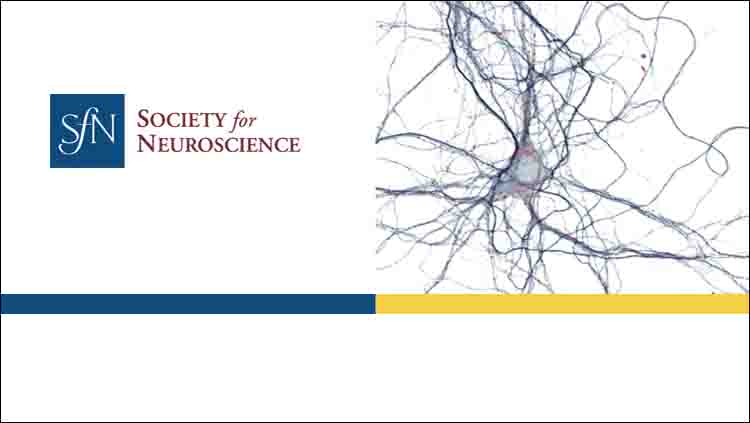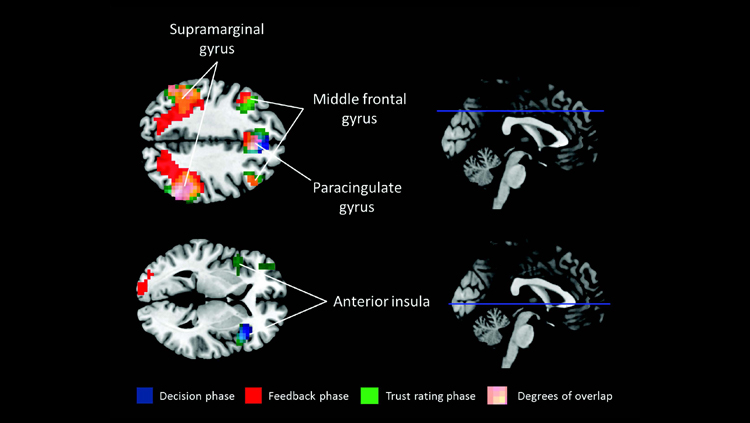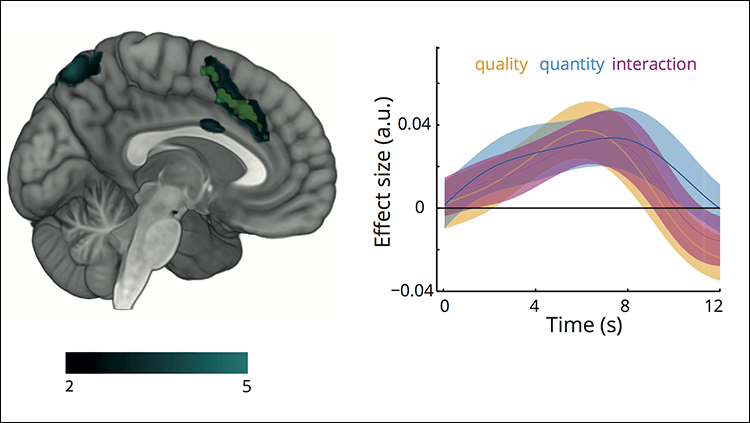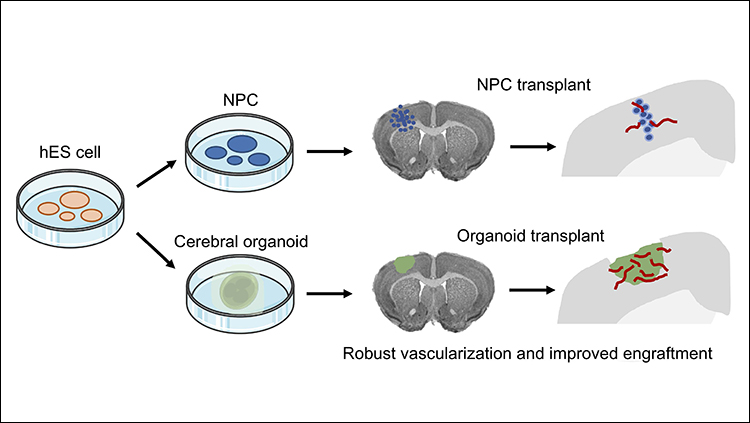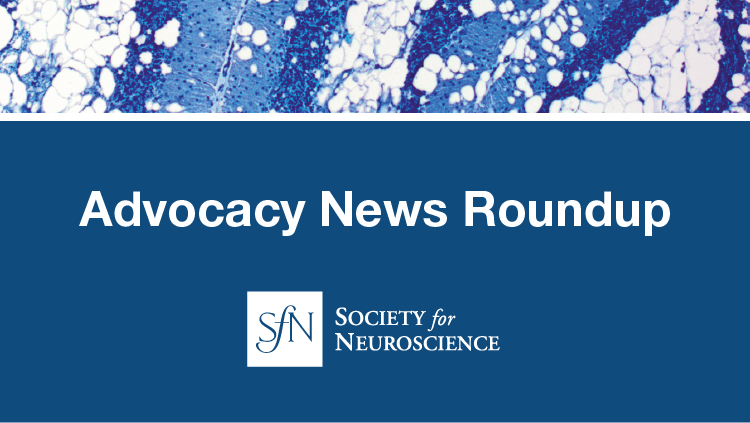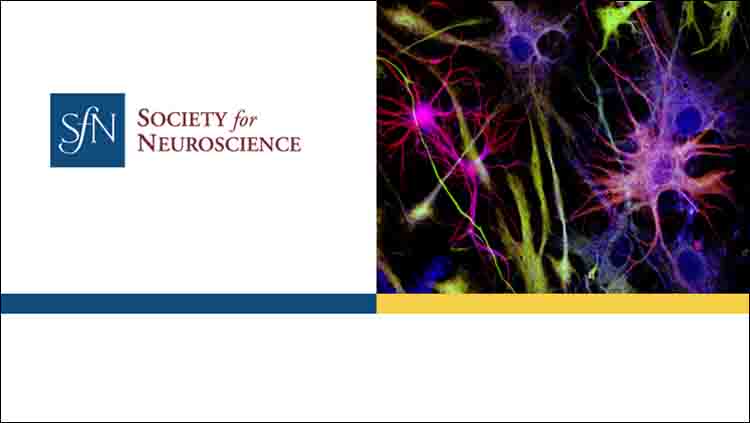-
Dec 04, 2018Press ReleaseSfN President Diane Lipscombe, PhD, President-Elect Barry Everitt, PhD, and Past President Richard Huganir, PhD, released the following statement, reflecting on those who were unable to attend Neuroscience 2018 because of restrictive travel policies in the United States and other countries and continuing to affirm the Society’s support for free exchange of information, diversity, and global collaboration in science.
-
Nov 22, 2018Press ReleaseDrummers and brass players are better able to judge the timing of visual stimuli than members of the color guard, according to a naturalistic study of the world-class drum corps Bluecoats published in eNeuro.
-
Nov 20, 2018Press ReleaseThe recreational drug known as ecstasy or molly may help people regain trust in others after being betrayed, suggests results of a controlled laboratory study, published in JNeurosci, of healthy men given a pure form of the substance.
-
Nov 20, 2018Press ReleaseThe anterior cingulate cortex integrates disparate information about the desirability and amount of an option to inform choice, according to findings published in JNeurosci.
-
Nov 13, 2018Press ReleaseA tissue-like structure created from human stem cells and implanted into a damaged region of the mouse brain improves cell survival and differentiation relative to conventional, cell-based methods, according to research published in eNeuro.
-
Nov 13, 2018News from SfN
Week of Nov. 12, 2018: Read the Latest Advocacy and Science News
-
Nov 06, 2018Press ReleaseAdvances in connecting neural stimulation to physical control of the body are transforming the development of prosthetics and therapeutic training for people with disabilities, according to new research.
-
Nov 06, 2018Press ReleaseResearch released today underscores both the dangers and the therapeutic promise of marijuana, revealing different effects across the lifespan.
-
Nov 06, 2018Press ReleaseNew research revealed today highlights the power of animal studies to explore mechanisms of opioid addiction, withdrawal, and relapse to inform new prevention strategies and treatments for people.
-
Nov 06, 2018Press Release
Sleep disruptions are associated with many brain disorders, including anxiety, dementias, and traumatic brain injury. While these disruptions are sometimes viewed as a side effect of brain disorders, new findings presented today suggest that aberrant sleep-wake cycles can also drive brain pathology.
Quick Links
Copyright ©
Society for Neuroscience





